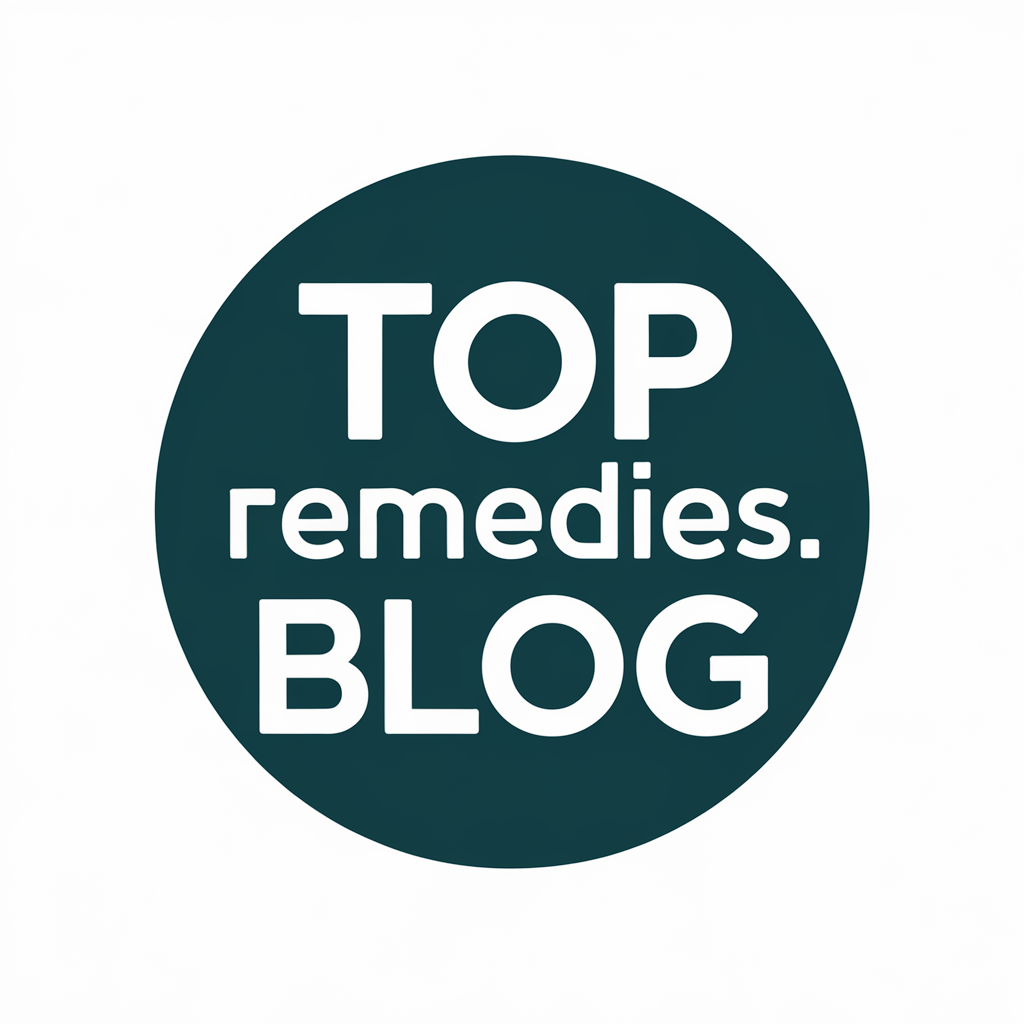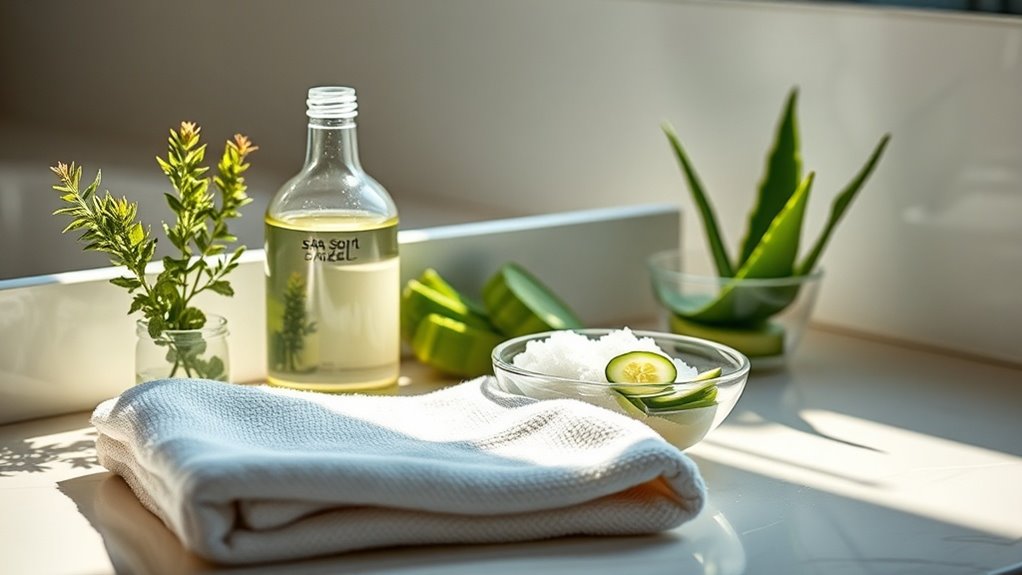Quick Remedies for Excessive Sweating That Actually Help
Excessive sweating can feel like a relentless downpour, making everyday situations uncomfortable and awkward. Fortunately, there are effective quick remedies that can provide immediate relief. From home-based treatments to simple lifestyle adjustments, you’ll discover several strategies that have shown real results. Understanding your options can empower you to take control of your comfort and confidence. So, what are the best methods to tackle this issue head-on?
Understanding the Causes of Excessive Sweating
Excessive sweating, known medically as hyperhidrosis, can stem from various causes. Factors include genetics, hormonal changes, anxiety, and certain medical conditions. Understanding your triggers is essential in your journey to reduce sweating naturally. By identifying these causes, you can develop effective strategies to manage your sweating and improve your quality of life, ultimately reducing its impact on daily activities. Additionally, implementing lifestyle changes such as wearing breathable fabrics can significantly help manage excessive sweating.
Home Remedies: Natural Solutions to Consider
If you’re looking for natural solutions to manage excessive sweating, apple cider vinegar and baking soda paste are worth considering. Apple cider vinegar can help balance your body’s pH, while a baking soda paste can absorb moisture effectively. Both remedies have been praised for their potential to reduce sweat and keep you feeling fresh. Additionally, incorporating a balanced diet can further assist in lowering sweat production and enhancing overall health.
Apple Cider Vinegar
Apple cider vinegar (ACV) is a popular home remedy that many people turn to for managing excessive sweating. Its properties help balance your body’s pH and reduce perspiration.
Here are three simple ways to use it:
-
Direct Application: Apply diluted ACV to affected areas.
-
Foot Soak: Mix ACV in warm water for a refreshing soak.
-
Internal Use: Add a tablespoon to water daily.
Baking Soda Paste
Baking soda paste is another effective home remedy for managing sweat.
Simply mix baking soda with water to create a thick paste, then apply it to areas prone to excessive sweating. The alkaline nature of baking soda helps neutralize odor and absorb moisture.
Allow it to sit for 10-15 minutes before rinsing. Regular use can significantly reduce sweat and odor issues.
Antiperspirants vs. Deodorants: What You Need to Know
When choosing between antiperspirants and deodorants, you should know their different functions and purposes.
Antiperspirants block sweat production, while deodorants focus on masking odor.
Understanding the ingredients in each product can help you make an informed decision based on your needs. Additionally, many antiperspirants contain aluminum chloride to enhance their effectiveness at blocking sweat.
Function and Purpose
Understanding the difference between antiperspirants and deodorants is crucial for effectively managing excessive sweating.
-
Antiperspirants block sweat glands, reducing moisture.
-
Deodorants mask odor but don’t stop sweating.
-
Both products serve distinct purposes; choosing the right one depends on your needs.
Ingredients Comparison
Two primary categories of ingredients distinguish antiperspirants from deodorants: active and inactive components.
Antiperspirants’ active ingredients, such as aluminum compounds, block sweat glands to reduce perspiration. In contrast, deodorants focus on neutralizing odor with antibacterial agents like triclosan or natural extracts.
Inactive ingredients in both products can include moisturizers and fragrances, enhancing user experience but not explicitly combating sweating.
Choose based on your specific needs.
Lifestyle Changes to Minimize Sweating
Making simple lifestyle changes can significantly help minimize excessive sweating.
Here are three effective strategies you can implement:
-
Choose breathable fabrics like cotton and moisture-wicking materials.
-
Maintain a regular exercise routine to help regulate body temperature.
-
Manage stress through mindfulness practices or deep-breathing exercises.
These adjustments can make a noticeable difference in your comfort and confidence. Additionally, incorporating natural infusions into your daily routine can enhance hydration and further aid in sweat reduction.
Diet Modifications That Can Help
Diet plays a significant role in managing excessive sweating. To help reduce it, focus on incorporating foods rich in vitamins and minerals, like leafy greens and whole grains. Sage, which is included in many herbal remedies, is known for its ability to reduce sweating. Avoid triggers such as spicy foods, caffeine, and alcohol, which can exacerbate sweating. Staying hydrated with water can also help stabilize your body’s temperature, ultimately minimizing excessive sweating.
When to Seek Professional Help
When should you consider consulting a healthcare professional about excessive sweating? If you’re experiencing any of the following, it’s time to seek help:
-
Sweating disrupts your daily activities or social interactions.
-
Home remedies and over-the-counter products aren’t effective.
-
You notice sudden changes in the amount or location of sweating.
A professional can provide tailored treatments to address your concerns effectively. Additionally, recognize that many people struggle with excessive sweating, and seeking help is a step towards reclaiming comfort and confidence.

